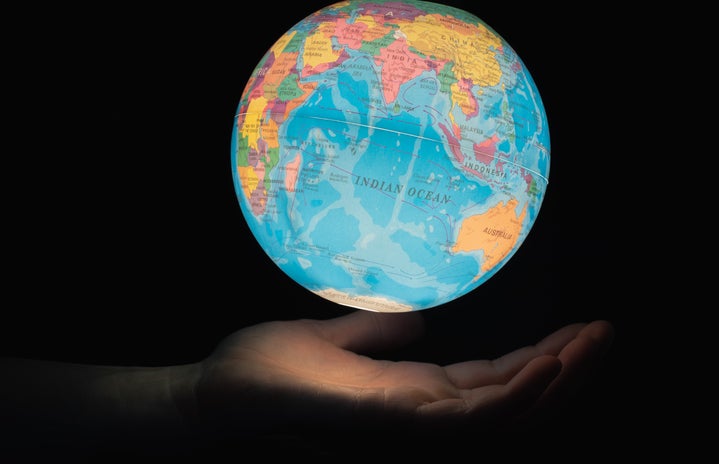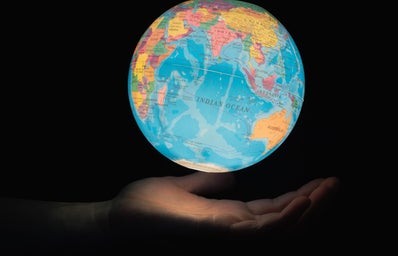Globalization has brought us many different things, from exposure to different cultures, traveling to different countries to experiencing different customs and rituals, and enjoying the authenticity of each culture and country. However, the global spread of cultures has also raised various issues, such as cultural appropriation.
Many celebrities have been called out and continue to get called out by their fans and online social media users on the so-called “inappropriate” use of the respective culture. However, the question to be discussed is whether the action is cultural appropriation or cultural appreciation.
First, let’s look at what two mean.
Cultural appropriation is identified as the unacknowledged or inappropriate adoption of the customs, practices, or ideas of another society or culture.
Meanwhile, culture appreciation is identified as when someone seeks to understand and learn about another culture and offer respect and interest.
Cultural appropriation can be when you wear a piece of jewelry significant to a country, but you choose to only wear it as a simple fashion item that serves only your interest. On the other hand, cultural appreciation can be, for example, buying a piece of art directly from the buyer and learning the cultural importance behind it.
Although the two terms mean different things, due to the vast use of social media, many online users have dimmed the thin line between cultural appropriation and cultural appreciation to the point where we do not know how to differentiate between one another.
Yes, celebrities who do cultural appropriation should undoubtedly be held accountable and be aware of their actions. But the true question is: how do we know whether the respective person appreciates the culture rather than appropriating it? We clearly cannot go and ask them their intentions behind their actions, nor should we just sit and assume.
So what should be done?
I believe that rather than quickly jumping on the hate wagon and brutally slandering celebrities, it is first important to learn and know about their intentions and thoughts. When it is clear that the action is indeed cultural appropriation, rather than hating it, it is much more effective to simply raise awareness by informing the individual on their actions.
There are over 200 hundred countries in the world and countless different cultures. It is only natural that we do not know about every single culture in the world. Often cultural appropriation takes place due to a lack of awareness, and it is important to help clear that. Of course, cultural appreciation is always welcomed, on the other hand, and spreads the culture in a positive light.
The line between cultural appropriation and cultural appreciation has thinned over the years, and the two have started to jumble up with one another. The most important step is first to identify the difference between cultural appropriation and cultural appreciation. Only then is it right to judge an individual for their action.


